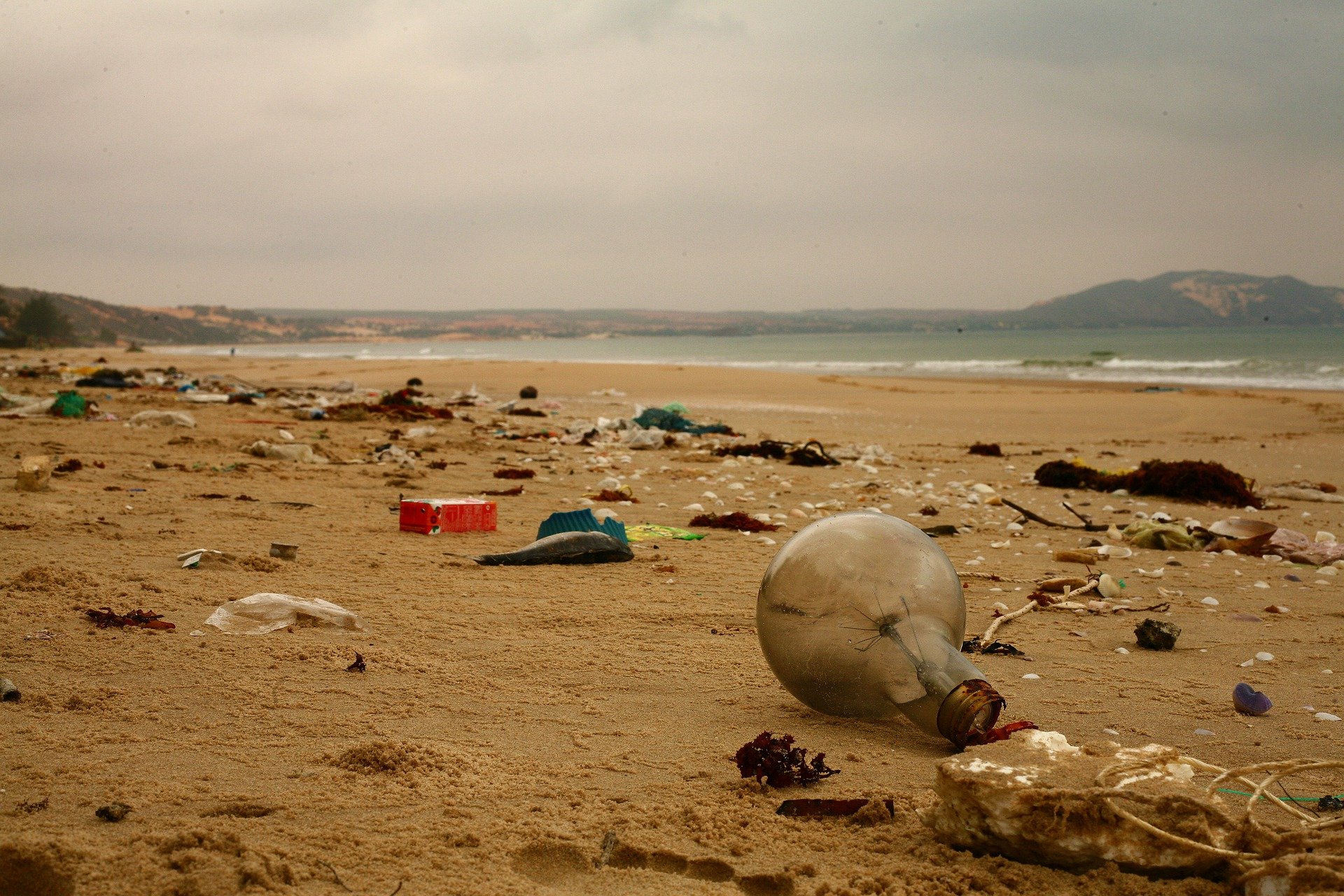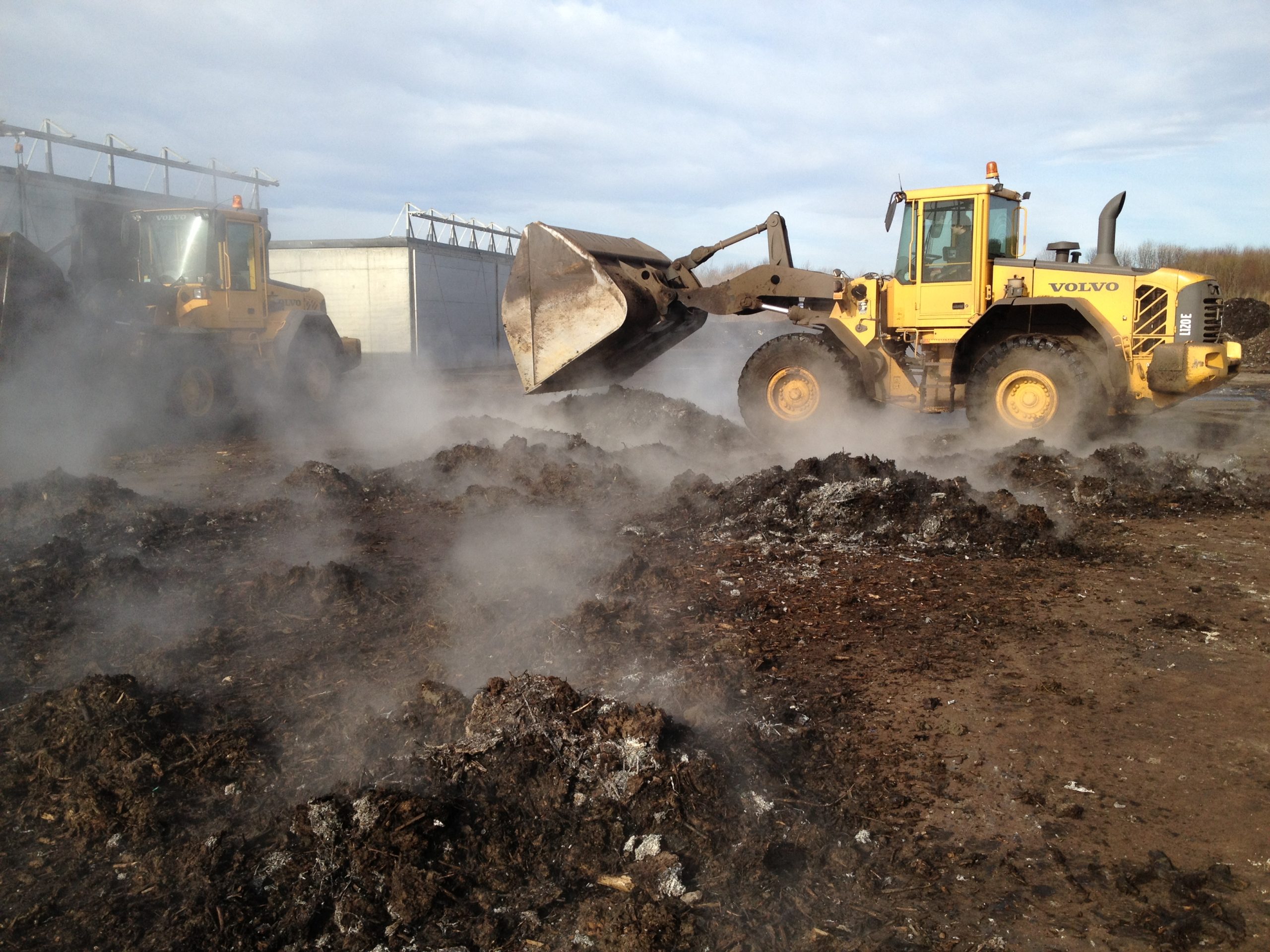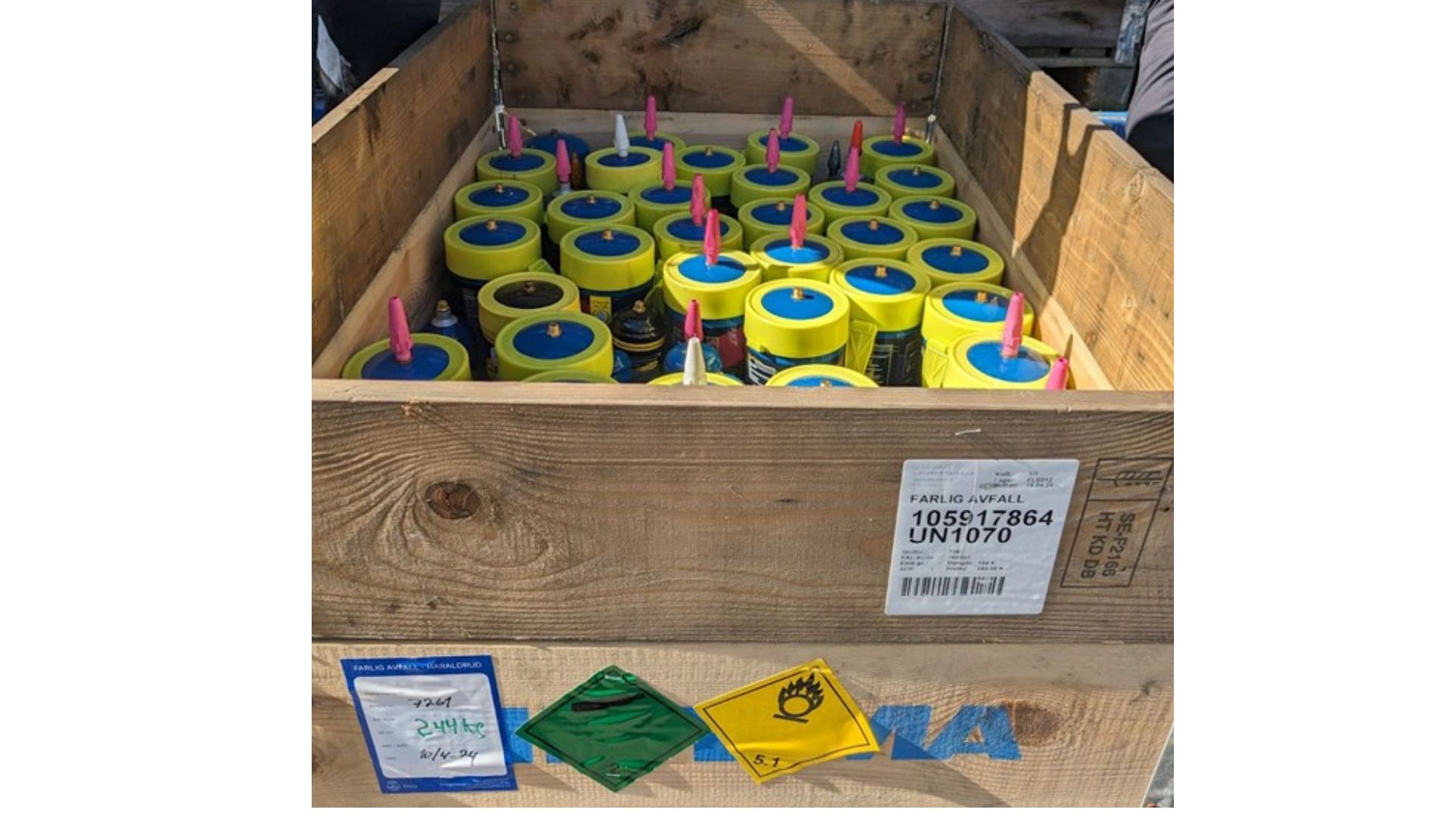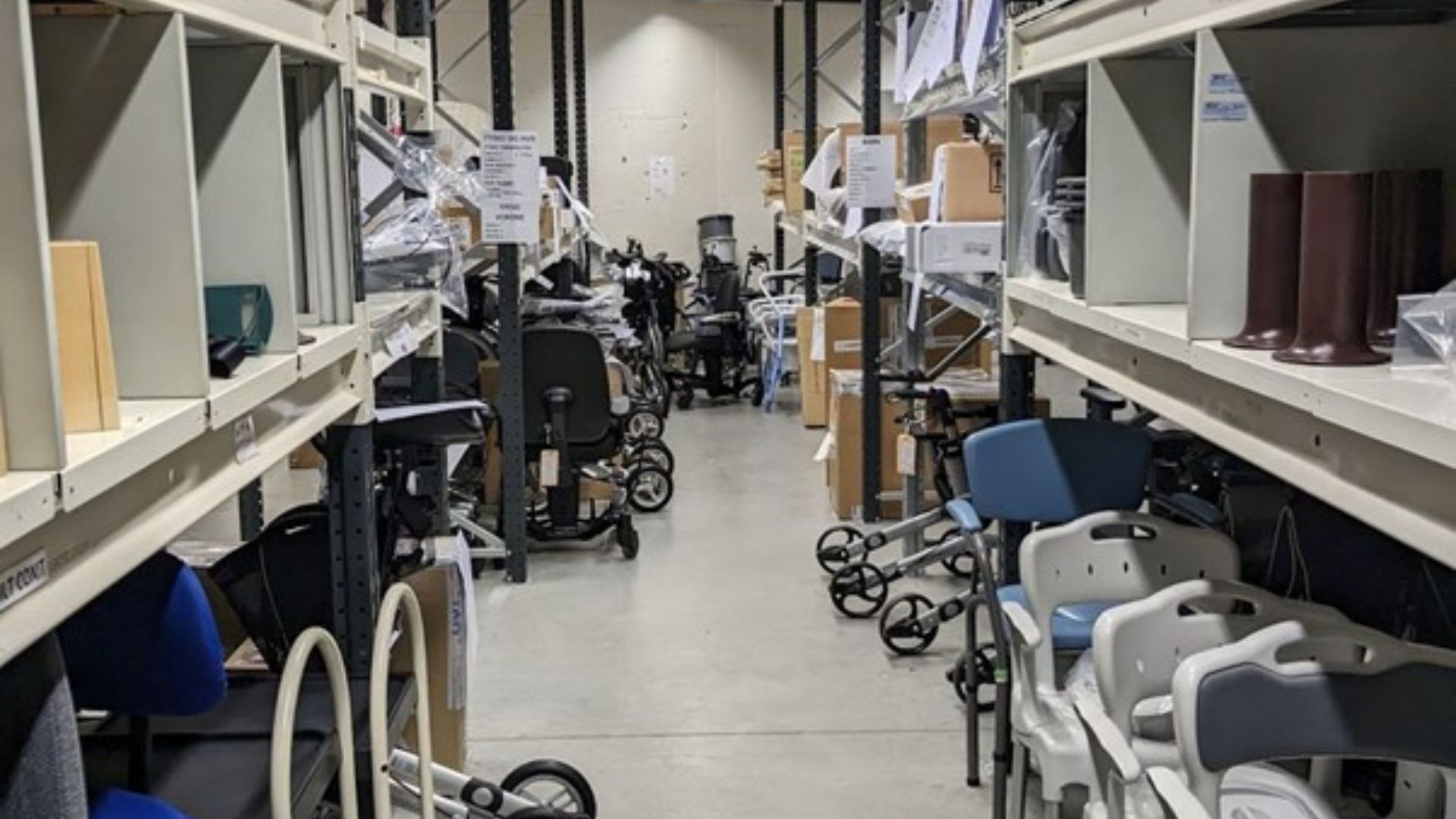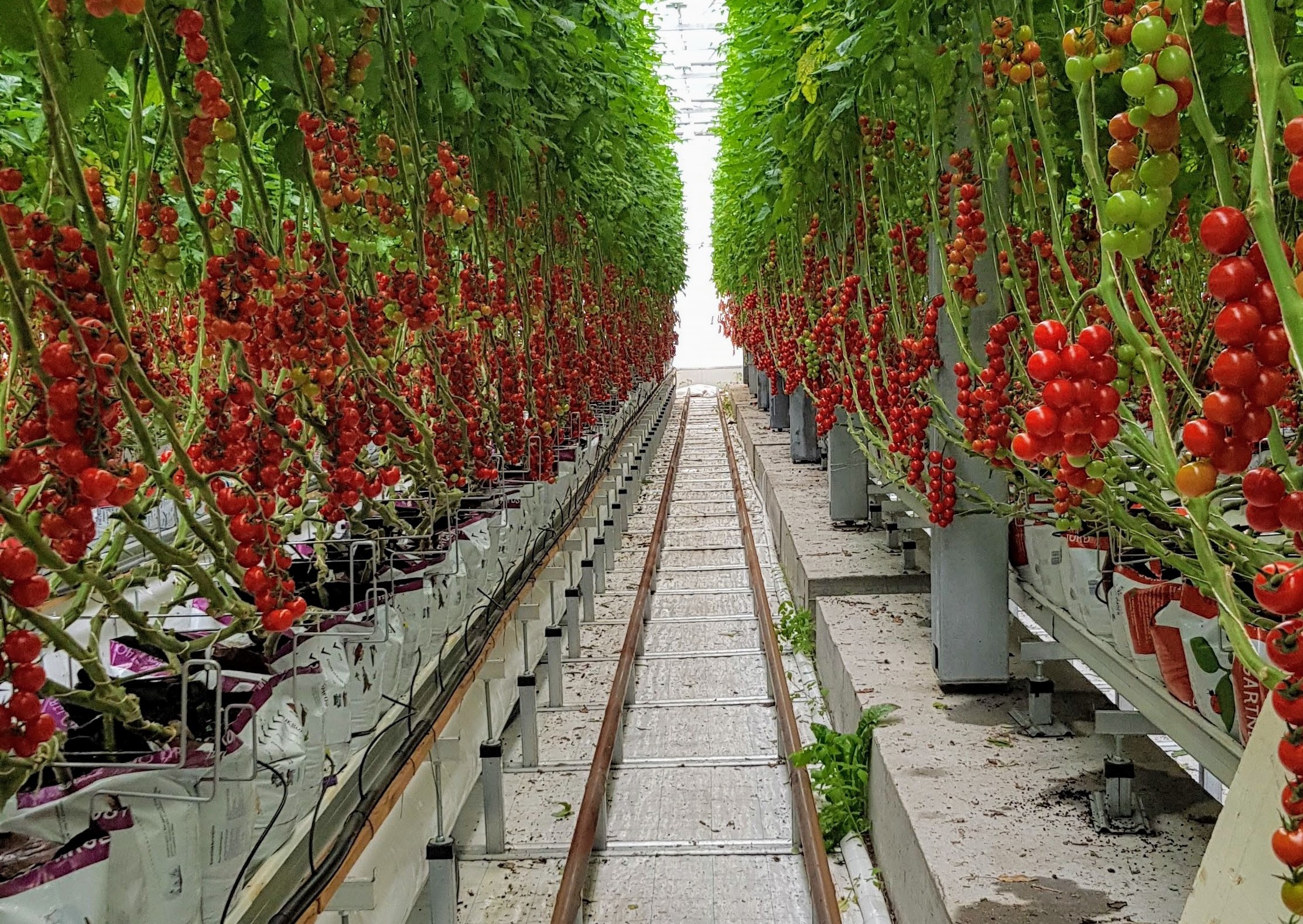Together with Plastic REVolution Foundation, Norwaste has mapped the development of extended producer responsibility (EPR) in Ghana and comparable middle income countries with some success in regulating EPR.
Extended Producer Responsibility, EPR, can be a powerful political tool to achieve targets in waste management, as increased recycling and value chain development, as well as reduced littering. With its record in Europe from the early 1990s, it has proven a valuable tool to secure capacity building in sorting and recycling infrastructure.
Plastic REVolution Foundation, PRF, is investigating the possibilities for building a pyrolysis plant in Accra, Ghana, thus supporting the development of infrastructure to tackle plastic pollution and support economic development. Against this background Norwaste supported PRF to assess the status of EPR in Ghana and comparable middle income countries with promising development in EPR. The study was financed by the Norwegian Retailers’ Environment Fund.
Plastic REVolution FoundationPRF, is investigating the possibilities for building a pyrolysis plant in Accra, Ghanaread previous article on pre-study reportthus supporting the development of infrastructure to tackle plastic pollution and support economic development. Against this background Norwaste supported PRF to assess the status of EPR in Ghana and comparable middle income countries with promising development in EPR. The study was financed by the Norwegian Retailers’ Environment Fund.
For middle income countries across the world EPR is highly relevant. With lacking financial support for waste management and little environmental control over landfilling, EPR can provide an attractive alternative for national governments to divert waste material from becoming mismanaged and littered and ensure important steps towards improved recycling rates and circular economy.
Yet, to introduce EPR is a complex regulatory process that involves a great number of different stakeholders, both private and public. And examples from successful implementation of EPR from middle income countries have been lacking so far.
The report provides a general introduction to EPR, including the process of implementing this as a policy tool, and experiences from other middle-income countries. It furthermore considers the ongoing process in Ghana- providing a background to the context and actor gallery, describing the status of the process around implementing EPR, and providing considerations around the outlook going forward.
Read the full report on Extended Producer Responsibility here.
Read the article at the PRF homepage
Other news:
Reduced littering through better collection solutions
Is material recycling of mixed plastic waste by pyrolysis within reach?
Norwaste assists the Port of Oslo with waste transport by sea
